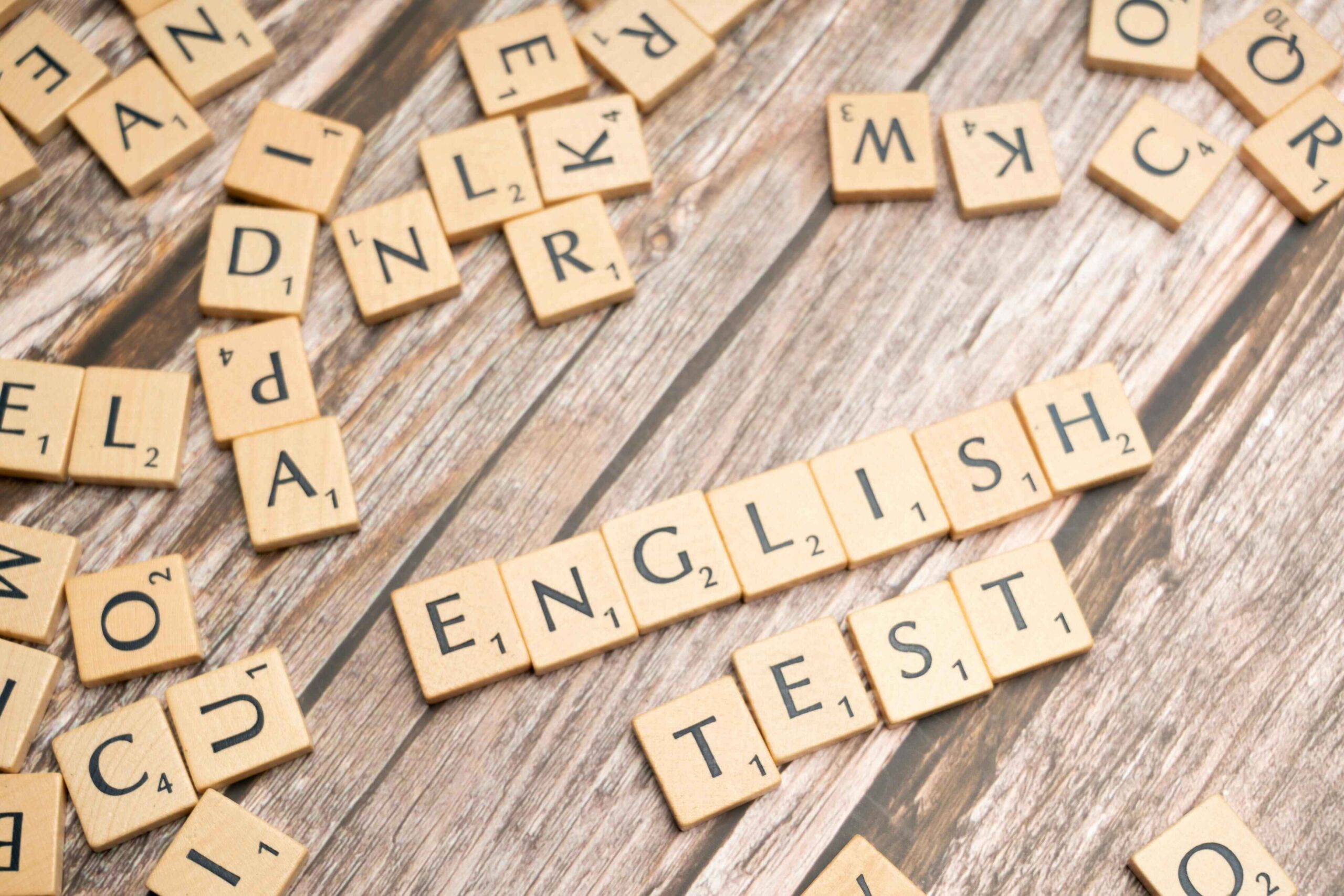IELTS Training: Your Ultimate Guide for Pakistani Applicants
Whether you are going to study, work, or settle abroad, the IELTS exam is unquestionably one of the most crucial steps in your journey. This all-inclusive guide about IELTS training is designed to help Pakistani applicants in getting a hold of everything, from the importance of the exam to tips on how to best prepare in a light yet informed manner.
Understanding IELTS
What is IELTS?
The IELTS exams test your competence across four skills of English: listening, reading, writing, and speaking. It is accepted by up to 10,000 organizations worldwide, including educational institutions, employers, and immigration authorities.
Why is IELTS Important?
For Pakistani candidates, the IELTS score is especially important to pursue studies or work in countries that are mainly English-speaking, such as Canada. The more you are at scoring on your IELTS in different modules, the better your chance of outreach to placements in good universities, scholarships, or employment in any well-reputed organization across the globe.
Types of IELTS Tests
IELTS Academic
The IELTS Academic test has to be taken if you wish to gain admission to a university or apply for a professional registration or higher education program. It checks whether you are ready to begin a course of study or IELTS training conducted in English.
IELTS Training
The IELTS Training test is for people going to migrate to an English-speaking country to get work experience, IELTS training programs, or secondary education. It contains basic tests that will help one survive in a wide social and workplace context.
Components of the IELTS Exam
Listening
Four recordings of native English speakers are required.
The duration of the section is 30 minutes.
You are required to answer some questions from the recordings in the section.
Reading
The reading section contains 40 questions that spread across three long texts, from descriptive and factual to discursive and analytical. This session is designed to last for 60 minutes.
Writing
The writing section of the examination is usually done within 60 minutes and demands two tasks. The nature of the tasks varies in difficulty for the Academic and IELTS Training tests, although it generally involves the writing of an essay and a short response to a topic.
Speaking
The speaking section is an oral face-to-face interview with an examiner. It will take between 11 and 14 minutes and engage you in three parts: introduction and interview; long turn, where you operate for a short period on a particular topic; and two-way discussion.
How to Prepare for IELTS
Understanding the Format
Make yourself well aware of the format of the test and the types of questions you will face. Understanding the format helps you work on time management while on the real test. For practice, work on past test questions under timed conditions gradually. Try one or two questions at a time because you may not want to prepare for the entire test format.
Practice Regularly
Practice is key to success. So practice IELTS sample tests and materials in preparation. It is helpful to conduct practice under examination conditions to build your stamina and time management.
Improve Your English Skills
An enhancement of your overall English proficiency will naturally boost your IELTS scores. Engage in various activities that enhance your listening, reading, writing, and speaking abilities—watch English movies, read books, write essays, and try conversing with native speakers.
Join an IELTS Training Center
Enrolling in an IELTS training centre can provide more organized support and counselling. Many centres in Pakistan offer courses that are customized to help you achieve the desired score. You must ensure that the center you choose is a reputed one, with experienced instructors and a documented track record of successful candidates.
Tips for Each Section
Listening Tips
- Listen to lots of different English: Different accents are good because there are so many different accents in the audio.
- Practise Note-Taking: Now, this is the moment when you would put your note-taking skills to good use by taking notes on points that are central to the core of the recordings.
- Stay Focused: The recording plays only one time, so one needs to stay alert and not get distracted.
Reading Tips
- Skim and Scan: Acquire the ability to skim and scan the text with ease to find information quickly.
- Practice Time Management: Allocate a time frame for each passage and follow this. No one question must be given more time than another.
- Question Type Awareness: Familiarize yourself with the different types of questions that arise in the test, including multiple-choice, true/false/not given, and matching headings.
Writing Tips
- Plan Your Essay: Take a few minutes to plan your essay before you start writing. By doing this, you will be in a good position to put down your thoughts and form structured and organized thoughts.
- Practice Task 1 and Task 2: As you practice watch out for the next two tasks practice. Task 1 is typically information from a picture or diagram. Task 2 is an essay.
- Know Your Grammar and Vocabulary: Appropriate grammar and a variety of vocabulary make a huge difference in your score.
Speaking Tips
- Do Speak English Every Day: The more you speak, the more you become comfortable doing it.
- Record Yourself: Record your responses if possible and listen to them for correction.
- Mock Interviews: A mock speaking test environment with a friend or mentor can give you more free time and confidence.
Conclusion
Getting the desired band in IELTS requires hard work, practice, and the correct mix of materials. A person should explore the format of the test, make improvements in his/her English proficiency, and use high-quality materials and strategies to get the desired score. Always bear in mind that the IELTS exam is not merely testing English proficiency; it’s a key to a great range of opportunities that have opened abroad. Whether you want to study, work, or migrate to an English-speaking nation, a nice IELTS score will help you a lot. Good luck with preparing for your IELTS and enjoy your studies!






